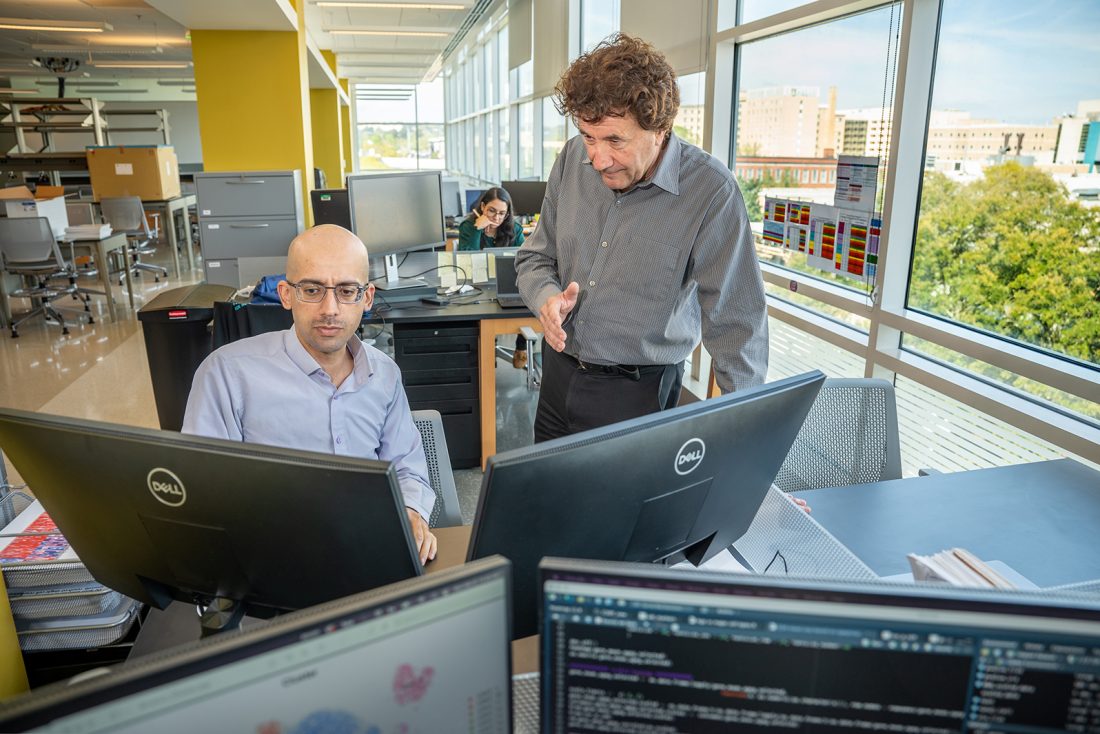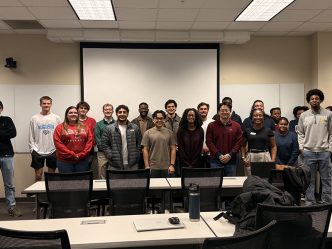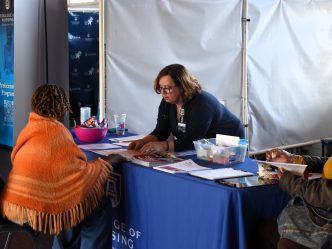When scientists study individual cells, the tiniest unwanted signals can blur their results, much like trying to paint fine details with a spray can that is anything but accurate. Now, a new tool developed by researchers at the Immunology Center of Georgia at Augusta University is helping pinpoint cell markers, revealing clearer answers about how the immune system works and how to treat diseases.
Mohammad Oliaeimotlagh, MD, a postdoctoral researcher at IMMCG who is now continuing his postdoctoral studies at the University of Pennsylvania, reported his findings in a new study published in Cell Reports Methods.
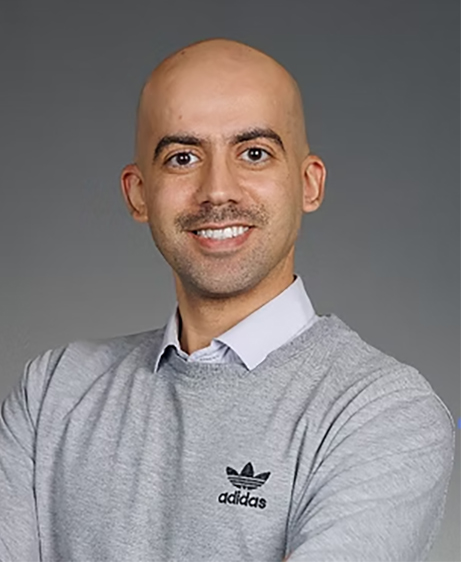
The tool, called ThresholdR, is designed to remove unwanted “noise” from a powerful technology known as CITE-seq, which combines single-cell RNA sequencing with tagged antibodies to map which proteins appear on the surface of individual cells.
Essentially, ThresholdR lets scientists look at thousands of genes and the cell’s outer ID badge at the same time. But until now, leftover antibodies floating in the sample — like extra paint flecks in the air — often stuck where they didn’t belong, making it hard to tell real signals from false ones.
“This noise can hide important discoveries or send researchers down the wrong path,” said Oliaeimotlagh, the lead author on the paper. “ThresholdR is like setting the right filter. It finds the true signal and removes the overspray.”
In laboratory terms, the problem happens when antibodies bind where they shouldn’t. Some attach perfectly to the right cell receptors, which are the target. Others stick nonspecifically, adding misleading information to the final dataset. ThresholdR uses an automated statistical model to set a precise threshold for each antibody, sorting the real signal from background noise, antibody by antibody.
“A patient’s immune system is unique. With clearer markers, we can better understand how to tailor therapies to each person’s condition.”
Mohammad Oliaeimotlagh, MD
Cleaner data means scientists can more confidently identify specific cell types and disease-related immune cells, which is critical for developing new diagnostics and treatments for cancer, heart disease, autoimmune disorders, and more.
By benchmarking ThresholdR against other common denoising methods, the research team showed it reliably outperforms them, boosting reproducibility and saving researchers valuable time and resources.
“This kind of precision is especially important for personalized medicine,” Oliaeimotlagh said. “A patient’s immune system is unique. With clearer markers, we can better understand how to tailor therapies to each person’s condition.”
Klaus Ley, MD, co-director of IMMCG and Oliaeimotlagh’s mentor, said the work shows how a targeted technical fix can have a broad impact on the future of medicine.
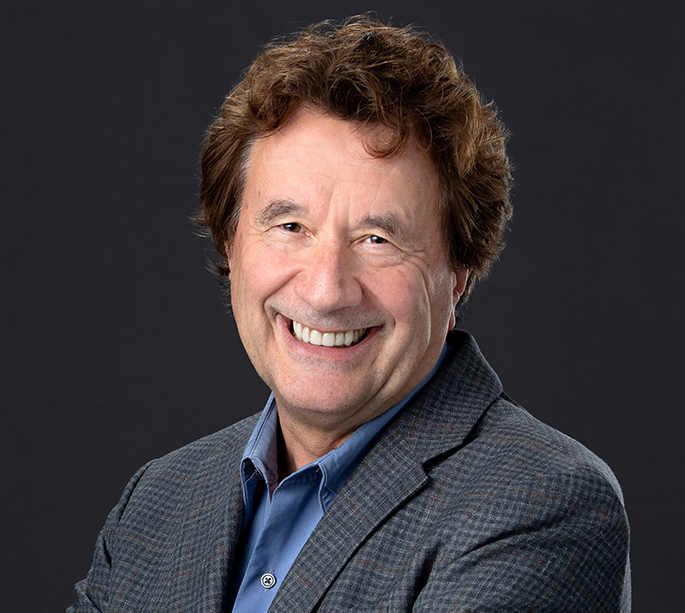
“ThresholdR will help make cutting-edge single-cell technologies more reliable and more widely used,” Ley said. “Tools like this move us closer to our ultimate goal: turning complex data into better outcomes for patients.”
The tool could also help bring powerful single-cell sequencing techniques like CITE-seq into wider use. These experiments are costly, so researchers want to make every sample count. Better accuracy means fewer wasted efforts and faster paths to new medical discoveries.
ThresholdR is freely available to other scientists, who can apply it to their own research to help clear out the noise and bring tomorrow’s therapies into focus.
Oliaeimotlagh hopes people outside the lab will see the value, too.
“Our research is federally funded, supporting tools that make science more efficient and more translatable to real-life treatments,” he said.
Discoveries at Augusta University are changing and improving the lives of people in Georgia and beyond. Your partnership and support are invaluable as we work to expand our impact.
 Augusta University
Augusta University
